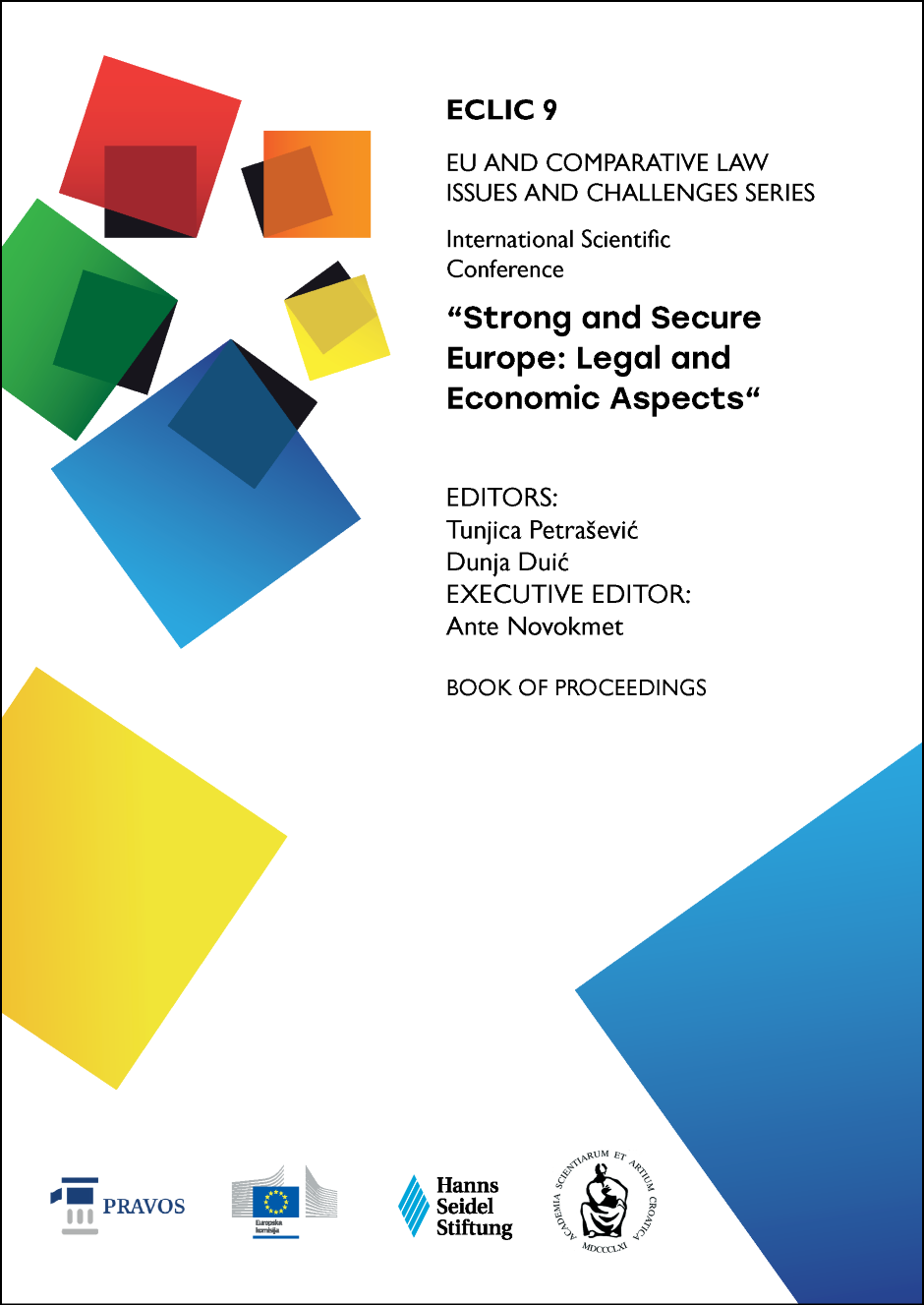HI BOSS, DON’T SEND ME AN E-MAIL WHEN I SLEEP
IMPLEMENTATION OF “THE RIGHT TO DISCONNECT” INTO THE EU LAW
DOI:
https://doi.org/10.25234/eclic/38090Abstract
Digitalisation has introduced new possibilities in the world of work. New work concepts are being developed as almost all communication is supported by the Internet, and work is often not strictly tied to a particular location. The impact of digitalisation has mostly positive effects, but also raises some questions regarding the need to be connected and the erosion of differences in time spent on work and free time. When work is performed from home, the separation of time does not exist. This problem took on a new dimension during the COVID-19 pandemic, when employers extensively introduced work-from-home arrangements for all employees as a solution to avoid office-based work. Working from home is often identified as having no set working hours, which can be beneficial, but only when the worker chooses to work from home and is, therefore, prepared to do so. This paper will focus on the problem of digital facilities, primarily emails, that interfere with both work and personal life, allowing workers to remain “connected” to their jobs with no time or place limitations. This concerns the impact of e-mails and other digital innovations enabled by smartphones and tablets on labour conditions and the protection of workers’ rights and health, which will be analysed through the existing case law and legislation in force. This right is commonly known as the “right to disconnect,” and its introduction into national law is constantly growing. This paper aims to raise awareness of the importance of the “right to disconnect” from digital facilities outside working hours, thereby protecting workers’ rights and health.
Downloads
Published
Issue
Section
License
Copyright (c) 2025 Kosjenka Dumančić

This work is licensed under a Creative Commons Attribution-NonCommercial 4.0 International License.
Authors retain the copyright on the papers published in the Journal, but grant the right of first publication to the Journal. Papers accepted for publication or already published in ECLIC of the Faculty of Law in Osijek may be published by the author(s) in other publications only with proper notice of its previous publication in ECLIC.


